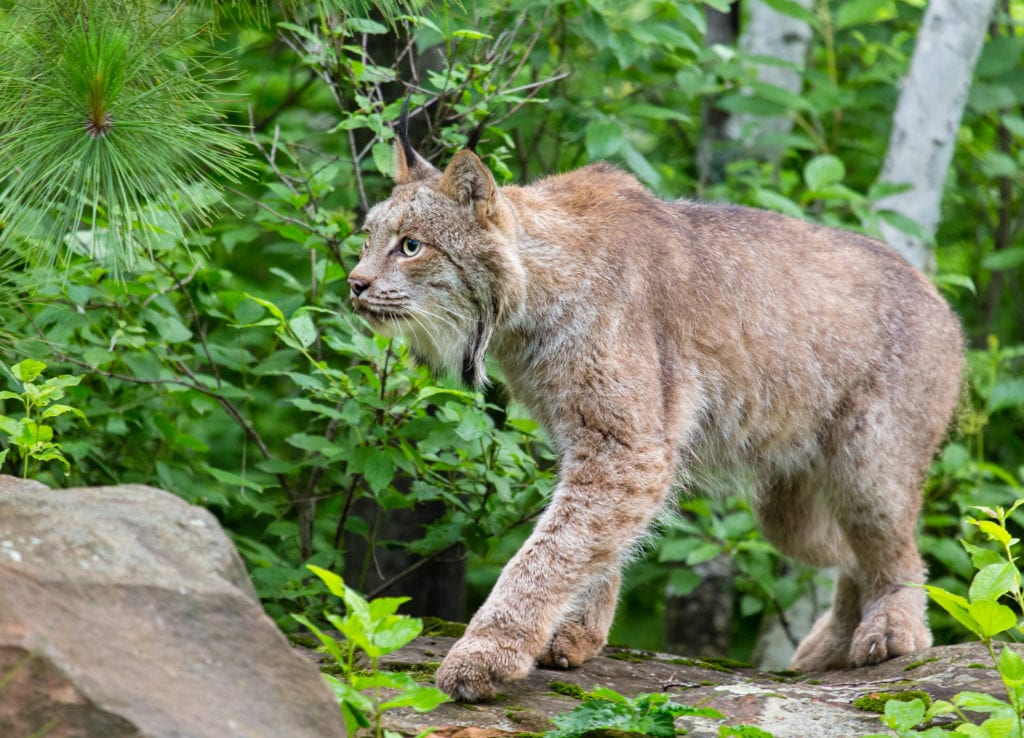
Since 1999, Seattle City Light’s Wildlife Research Grant Program (WRP) has funded 58 projects and distributed over $2.1 million in research grants to non-profit conservation organizations, universities and resource management agencies to study the wildlife and ecosystems of the North Cascades ecoregion.
The City Light WRP, a mitigation requirement of the Skagit River Hydroelectric Project Federal Energy Regulatory Commission license calls for issuance of grants each year during the 30-year license period based on a competitive process that includes review of submitted proposals by a committee of Seattle City Light, Washington Department of Fish and Wildlife, U.S. Fish and Wildlife Service, U.S. Forest Service, National Park Service and university ecologists.
In early April, WRP announced the recipients of five new research grants aimed at gaining a better understanding of wildlife and ecosystems in the North Cascades. The new grant recipients include the following:
- Identifying Key Prey of Wolverine, Canada Lynx, and Cascade Red Fox in a Changing Climate The Cascade Carnivore Project:
The project will study carnivore food habits and improve our knowledge of the effects of climate change on high-elevation carnivore communities. - North Cascades streamfly diversity and distribution – Washington Department of Fish and Wildlife, Xerces Society, Washington State University, University of Puget Sound:
The study will document diversity, abundance, and phenology of stream caddisflies and stoneflies near glacier outflows. - Relationships between fishers and mountain beavers in the North Cascades – University of Washington:
The study will inform Pacific fisher conservation by determining dietary requirements, assessing winter movement patterns, and assessing effects of rodenticides in areas where fishers have recently been reintroduced. - Estimating Population Density of Black-tailed Deer in Northwestern Washington Using Camera Traps – Swinomish Indian Tribal Community:
The study will test new camera-based methods of estimating demographic and population-level data for deer management in western Washington. - Implementing a long-term monitoring program for wolverines, Canada lynx, and other carnivores in Washington’s North Cascades Ecosystem – Woodland Park Zoo, Washington State University, University of Washington:
The study implements a monitoring framework for summer and winter camera-based surveys of wolverine, lynx, and other rare carnivores in the North Cascades.
These new grants will join the list of previously funded projects that have helped provide data crucial for agencies to make informed management decisions for rare or economically and tribally important species.
While the grants may not always fully fund a project idea, they still support the research of lasting environmental impacts. Most notably: the effects of climate change on the region.
“We take great pride that these grants help vital research and support college students and young researchers pursuing environmental careers,” explains Ron Tressler, Wildlife Biologist at City Light.
To learn more about City Light’s Wildlife Research Project and for a list of previous grant-funded projects, visit seattle.gov/light/environment/wildlifegrant/.